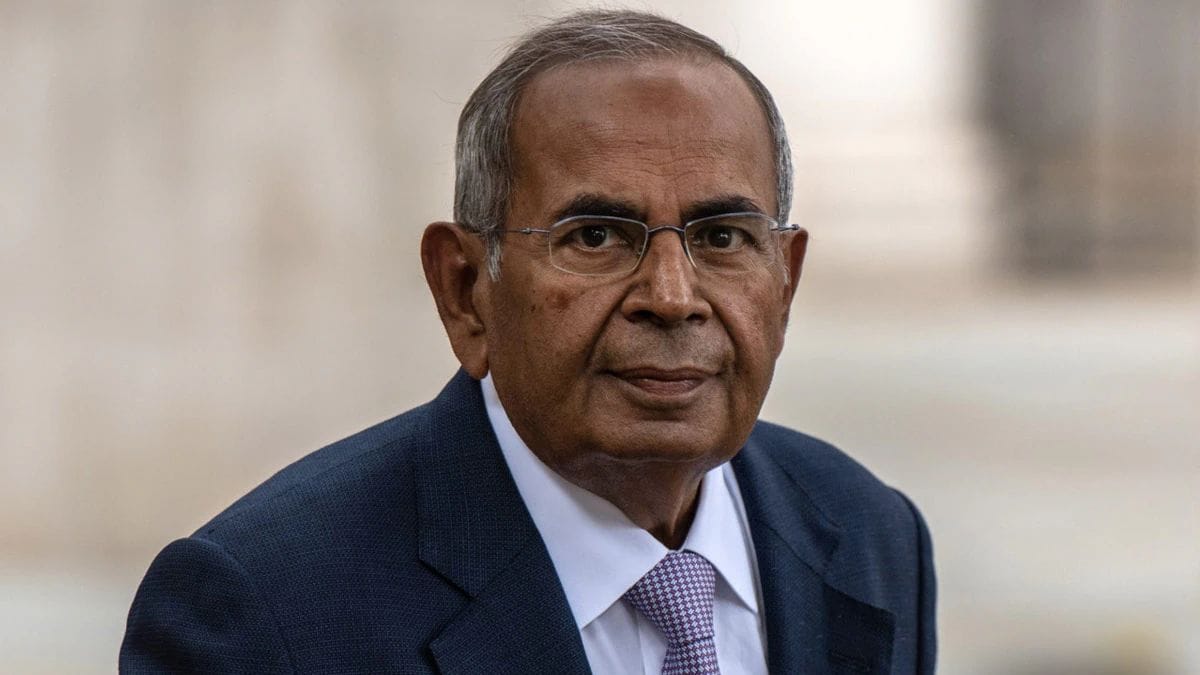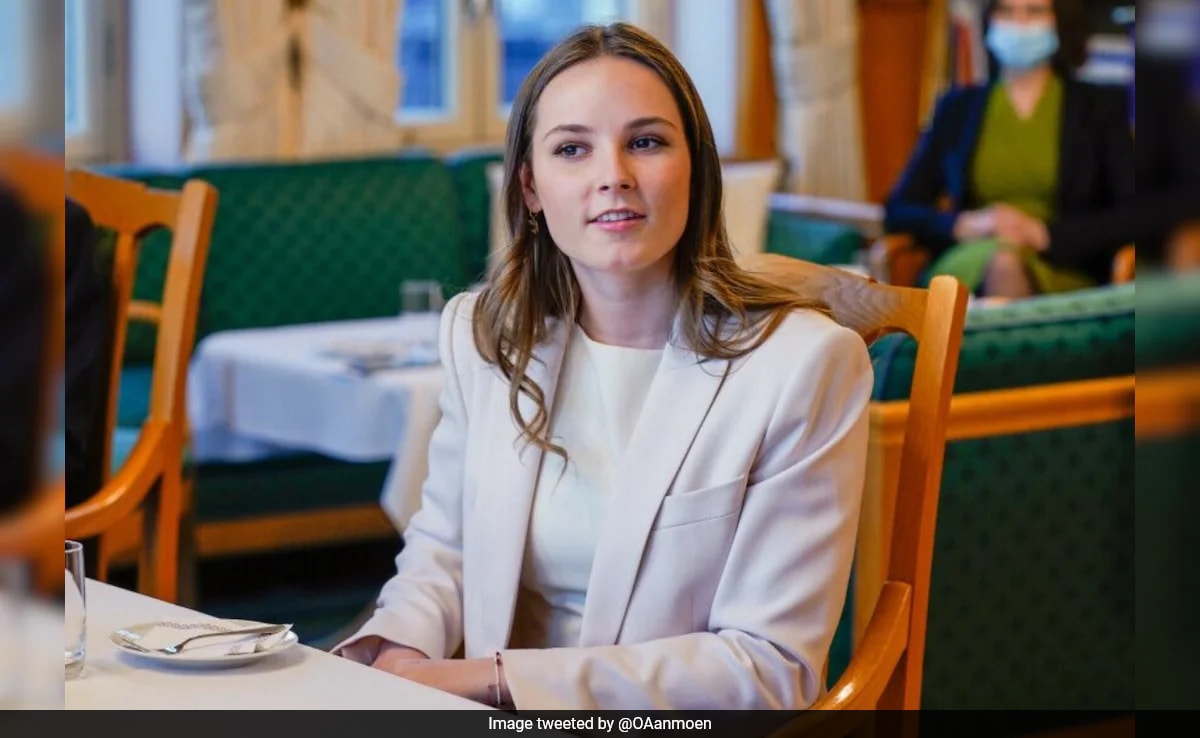Kolesnikova is one of the key opposition figures jailed in Belarus after protests ignited last August over presidential elections rejected by opposition activists as rigged. President Alexander Lukashenko, who has been in power since 1994, launched a violent crackdown on the protests, jailing hundreds of the regime’s opponents.
According to rights group Viasna, 652 people are political prisoners in Belarus.
Kolesnikova, 39, captured the imagination of the Belarus opposition movement after she was abducted in the street in Minsk by masked security agents last September and driven to the Ukraine border.
Told she could leave or stand trial, she refused to depart, ripped up her passport to avoid deportation, and was arrested and tried. She later said in a statement released through a lawyer that the security agents told her she could be deported “alive or in pieces.”
Although the trial was closed, the verdict was open. Long crowds of supporters formed outside the courtroom Monday, according to video posted online by journalists and activists. Her father, Alexander Kolesnikov, was able to get into the courtroom but dozens of people could not.
Her trademark is the heart sign she makes with her hands. Video posted online showed her making the heart sign behind bars in court Monday and smiling.
When her trial began last month alongside Znak’s, she was pictured dancing in court and making the heart sign, a show of optimistic defiance against Lukashenko’s regime.
Kolesnikova was one of three women, including Svetlana Tikhanovskaya and Veronika Tsepkalo, who united different opposition forces behind Tikhanovskaya in last year’s presidential election. The official result gave Lukashenko 80.1 percent of the vote and announced that Tikhanovskaya had won 10.12 percent of the vote, but the opposition claimed she gained more than 60 percent.
The result was rejected by the opposition and Western governments, and Kolesnikova emerged as a key figure leading protests. Demonstrations erupted around the country over the result, with workers at a large state-owned tractor factory booing Lukashenko and shouting at him to leave power.
He had himself sworn into office in a hasty secret ceremony surrounded by security officials and members of the elite, which still supports him and has in many cases benefited from his rule.
After Monday’s verdict, Tikhanovskaya called for the release of Kolesnikova and Znak, calling them heroes who “aren’t guilty of anything. It’s terror against Belarusians who dare to stand up to the regime. We won’t stop until everybody is free in Belarus.”
“The regime wants us to see them crushed and exhausted,” she said on Twitter. “Their terms shouldn’t frighten us.” Once the Lukashenko regime was removed from power, they and other political prisoners would be freed, she added.
Tikhanovskaya only stood in the presidential race because her husband, Sergei Tikhanovsky, a prominent Lukashenko rival, was jailed before the election. Tsepkalo’s husband, Valery Tsepkalo, was barred from running in the election and fled the country before the vote.
Kolesnikova headed the campaign team of another opposition leader, Viktor Babariko, who was arrested before the election and was recently sentenced to 14 years in jail on fraud charges that he says were political.
Tikhanovskaya was forcibly deported soon after the election, while Veronika Tsepkalo fled the country.
Tikhanovskaya’s adviser, Franak Viakorka, said on Twitter Monday after the verdict that he was proud of Kolesnikova and Znak. He said they were innocent, the trial was a “farce” and the Lukashenko regime was also a farce.
Lukashenko, sanctioned by the West over the violent crackdown on protests and forced landing of a Ryanair jet in May to arrest a journalist, clung to power with the support of Russian President Vladimir Putin, who promised to send in troops if necessary.
As protests continued, Kolesnikova helped set up a national Coordination Council, an opposition initiative to try to engineer a peaceful transition of power. But Lukashenko rebuffed the group, saying Belarus was at threat of an invasion from Western enemies and only he was capable of saving the country.
.png)











 English (United States) ·
English (United States) ·  Turkish (Turkey) ·
Turkish (Turkey) ·